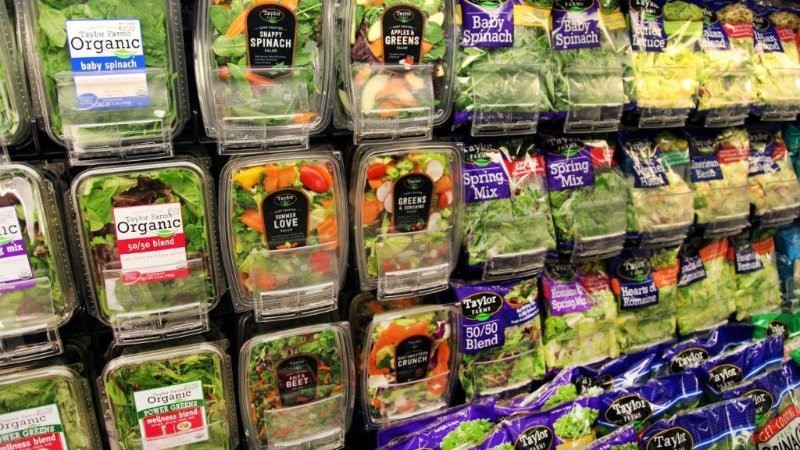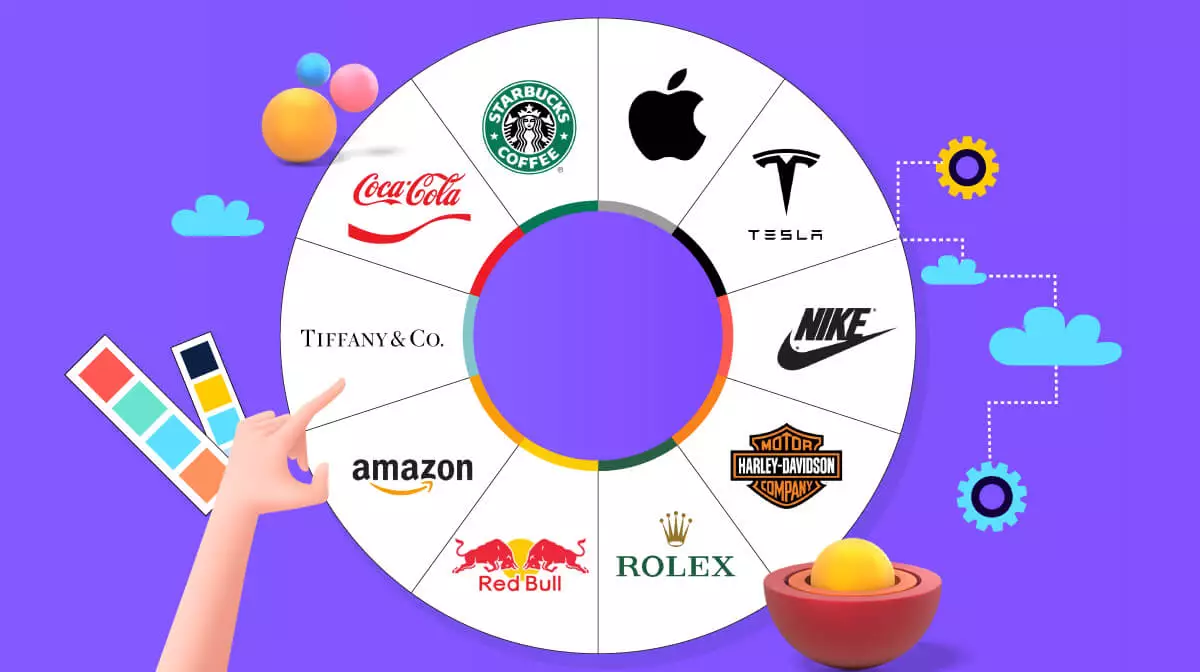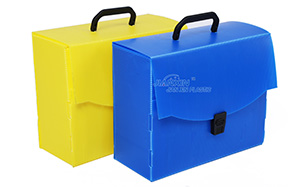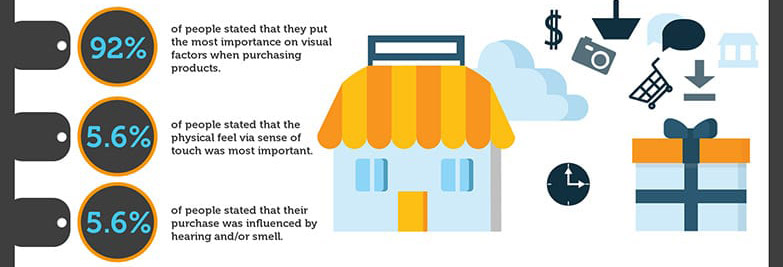Food retail is a $5 trillion industry, with roughly 40,000 supermarkets and storefronts throughout the U.S. As the owner of a new food company, your goal is to get a slice of this very big pie. But without the proper connections, it’s difficult to get a foot in the door. A food broker can help.
What is a Food Broker?
Generally speaking, a food broker is the liaison between your company and the stores in which you’d like to place your product. Think of a food broker as your agent. This person has the best contacts and can often make the difference between industry obscurity and great success. More specifically, food brokers do the following:
- Master the details: When convincing a supermarket or storefront to sell your product, everything must be perfect. Food brokers help you land on pricing, promotions, packaging, production logistics, demos, and the right marketplace. They help you present your product in the most compelling way possible.
- Expert negotiator: They work with store buyers to find the best ways to promote your product. Whether that’s endcap placement or a sign at the register, they’ll land on the most effective methods to maximize your sales. They’ll also negotiate the best possible terms of your deal.
- Front and center: With a food broker, you won’t have to worry about your product being buried in a non-dominant location.
- Bottom line: The ultimate objective of expansion is to produce more revenue. A food broker can help you achieve your business goals, which in turn improves your bottom line spending. Plus, you can do this without bringing on an additional hire.
- Peace of mind: They take care of all the tedious business stuff so you can focus on your passion—making an incredible product.
It’s important to note that food brokers are not salespeople. While salespeople can be somewhat beneficial, they’re only focused on moving units and hitting targets. They’re not concerned with strategy or building ongoing relationships with buyers (and department managers).
Additionally, food brokers are available in every possible niche. Whether you sell organic, kosher, or other ethnic foods, there’s a broker that has your market cornered. Be sure to select a broker that knows your specific category.
Finding a Food Broker
Now, it’s clear that you need a food broker. But this realization is only half the battle. Next, you need to start your search. However, before you start sending emails and making cold calls, you need to understand as much as possible about your current business plan.
What do you love about your current model and what do you hate? And if you want to change anything, what would you do? Be clear about what’s working and what needs improvement. A food broker will work as a partner, guiding you through the necessary changes to reach new levels of success. But you need to know your business inside and out before your initial contact.
Once you’ve analyzed your business, consider the following points:
- Experience: What qualities should your broker possess? What kind of success metrics are you looking for?
- Budget: How much have you allocated for expansion and marketing? What can you afford to pay out in commissions and fees? This is a major factor in what your food broker can do for you.
- Territory: Where are you currently selling the product, and where would you like to expand to? You need a food broker that has connections in your target market. Also, which distributors are you willing to turn over to your broker? Are your current distributors helping or hindering your ability to grow?
- Research: Build a list of brokers you’d like to work with and find their contact people and information.
- Prepare: Before a food broker can sell your product to buyers, you need to sell your product to them. This means an updated pricing sheet and thorough marketing plan, which includes strategies for demos, advertising and social media, and promotions.
After booking a meeting with your desired food broker, it’s time to sell them on your product. Your sales pitch to them should be just as convincing and professional as if you were going directly to the head of Whole Foods, Sprouts, Nob Hill or Albertsons. Your pitch should include your long-term goals (i.e. stores you’d like to work with, distributor gross margin, etc.), your primary categories, your previous failures and successes (and the reasons why), and what your brand stands for.
Additionally, you should share the stores you’ve been rejected by. It might be painful to recount these details but covering this will help your broker assess your current challenges and ways to overcome them.
Your first meeting should also cover some important terms of your business relationship with the broker:
- Verify background: What lines does this broker currently represent? What territories are they working in? How long have they been in the business?
- Pay: What’s their desired commission rate? Does that fall in line with your budget? How much wiggle room do you have?
- Contract: You should come prepared with a contract, which can be reviewed on the spot if all goes well.
For food brands looking to launch a new product or expand their current business, food brokers aren’t just “nice to have”; they’re your key to national success. FreshSource represents products (Taylor Farms, Foxy, Green Giant, etc, etc) in nearly every major grocery store in the U.S., including Whole Foods, Sprouts, Vons Albertsons and many, many others – see full list here.

Ryan Myers is a business blog author and writer. He graduated from the University of California, Berkeley in 2009 with a degree in Political Science. His favorite topics to write about are blogging for small businesses and becoming an entrepreneur.













